Feature Photo: Thomas Hopkins Photography
I thought it was just me. That maybe I wasn’t cut out for running.
I would have a few days where the miles just clicked by like the ticking of a clock. Lost in the flow of the forest blurring by me. The smell of the earth. These were the days when I knew my purpose for running. The meditative simplicity of putting one foot in front of the other and just breathing.
Then it would hit me. The days where I couldn’t bring myself to train. The days when I was left gasping for air on an interval or struggling on a minor hill. These were the days when I questioned my place in the world of running.
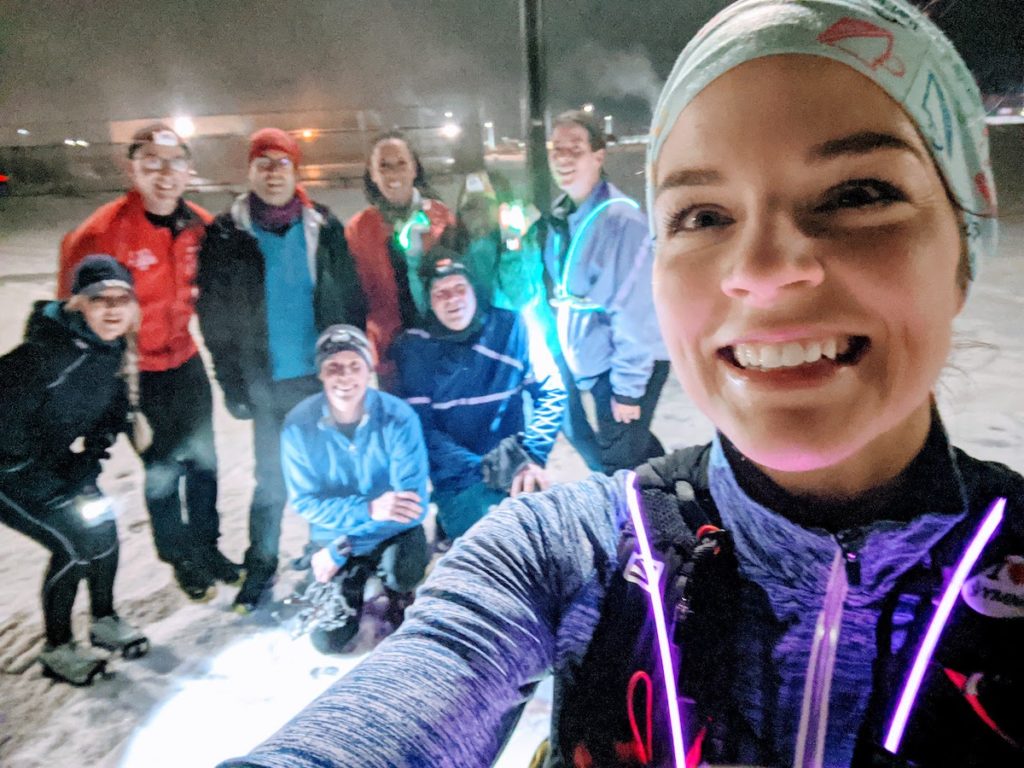
The internal chatter would begin: Not an athlete. Not strong enough. Maybe I wasn’t eating enough. Maybe I was overtraining. Maybe I had low iron. Dare I call myself a runner when I’m “not fast” and a simple hill is killing me? What makes a runner? And why am I even doing this?
I was able to follow a standardized program, which admittedly got me through my first year of trail running with two 50km ultras and a successful staged race in Costa Rica, but as time went on I found myself floundering in the same repeated cycle of garbage runs blurring my stronger days into a background of self-doubt.
The internet held an excess of advice for all the issues I thought I had, most of it androcentric and over-simplified. Training = stress + recovery. Push harder. Run slower on easy days. Drink enough water.
When I vented to my (mostly male) running partners at the time, they would tell me that I’m “doing it wrong”, or that I needed to “toughen up”. I would find myself caught in a mansplaining session and even more frustrated by the fact that none of it resonated with me.
Despite my best efforts to find a solution, I kept hitting the same wall.
Until I figured out the truth.
In my quest to find an answer online, I stumbled upon articles describing how a woman’s cycle can affect her athletic performance. As a woman who has grappled for years to manage the symptoms and effects of my cycle, the idea that it could contribute to my athletic struggle did not seem like a bizarre idea. I read first-hand accounts from other women and finally something began to click.
I decided to start tracking.
I bought a monthly planner and took notes: if I had an amazing run, I would mark the date and the day of my cycle. When I inevitably had a garbage run, I would do the same.
Eventually a pattern emerged.
As I compared months, I noted that there was a familiar predictability to the highs and lows of my training.
I began planning my tougher workouts for my stronger days.
Since I was no longer fighting against myself, my performance improved.
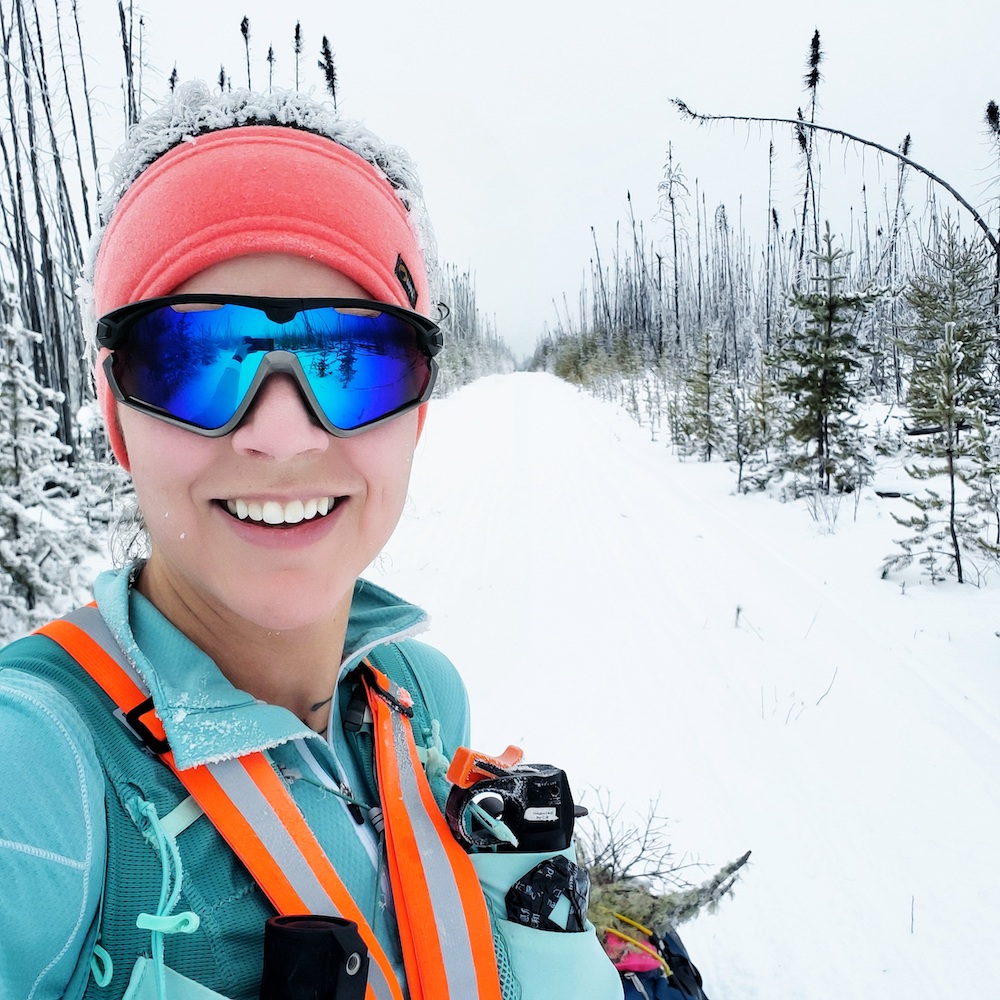
As my performance improved, my confidence in my abilities started to grow.
This empowered me to have a discussion with my coach and modify my program to align with my cycle.
With my new program, I capitalized on the days when I could crush my goals. But just as importantly, I allowed myself the simple, easy unstructured runs when I needed them most.
Respecting my body in this way was decidedly more important to me than forcing myself into a standardized program built with male athletes in mind.
Granted, race schedules don’t always offer the same luxury, and often that is the one criticism I hear: you have to be able to grind it out in training if you want to be able to grind it out in your race. But why? No one trains for their first 100 miler by running 100 miles. And yet they still finish.



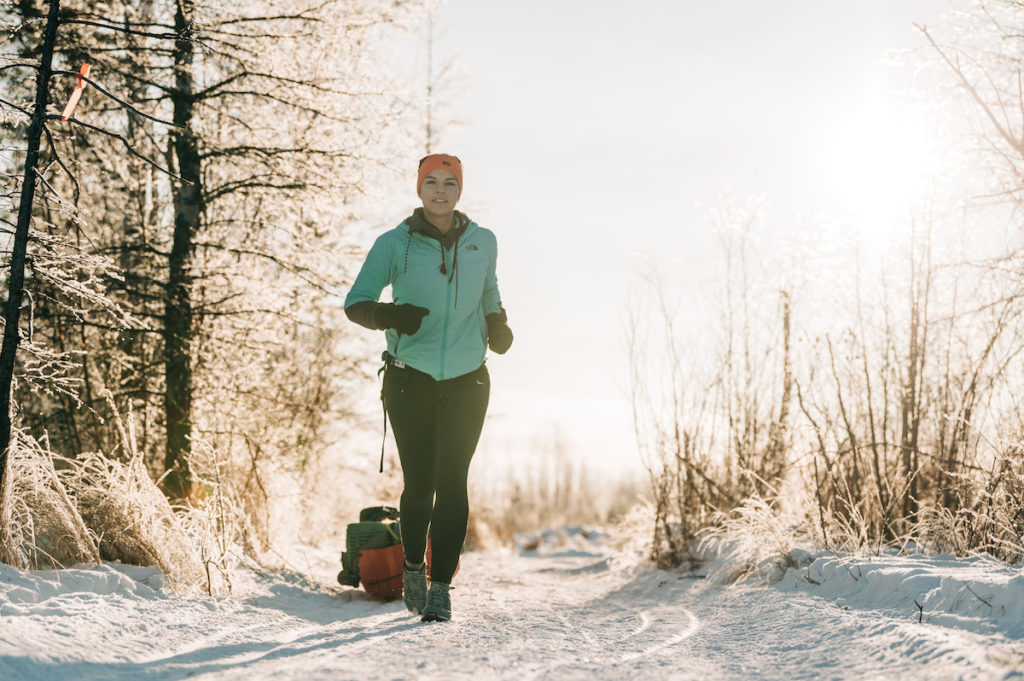
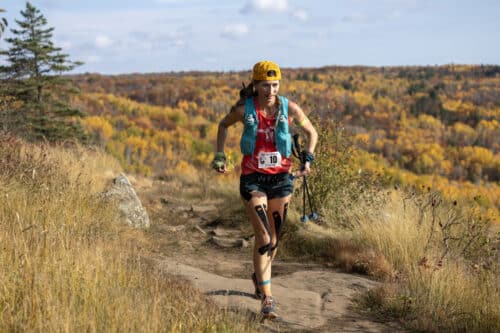
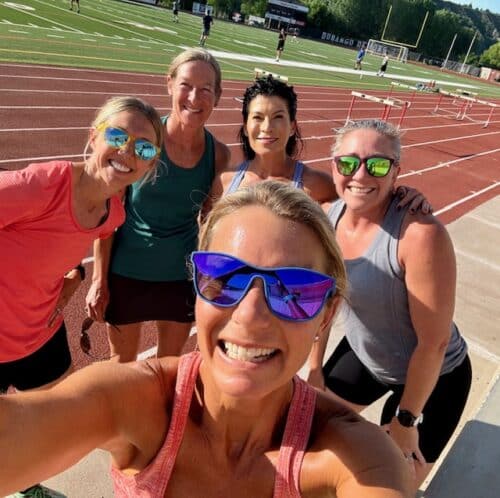


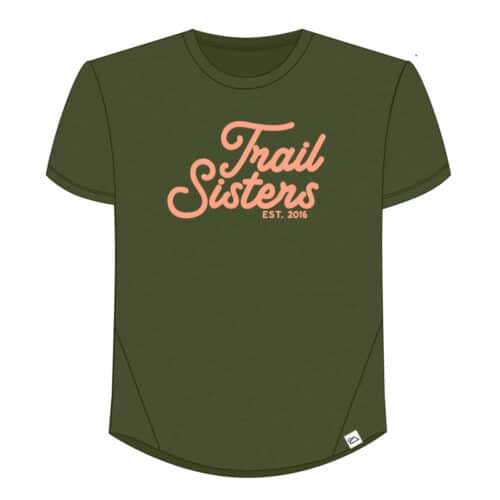
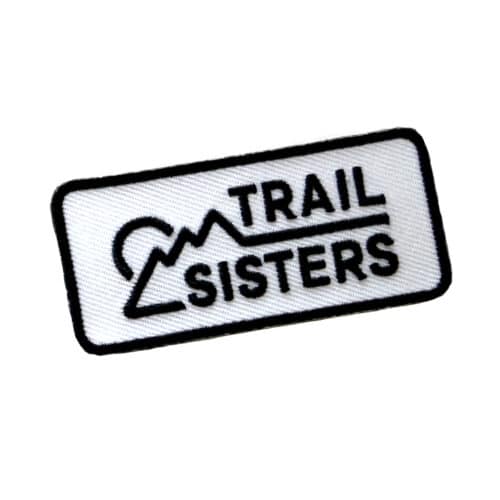
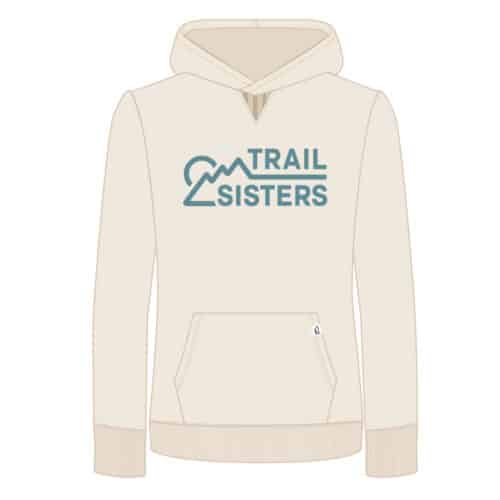
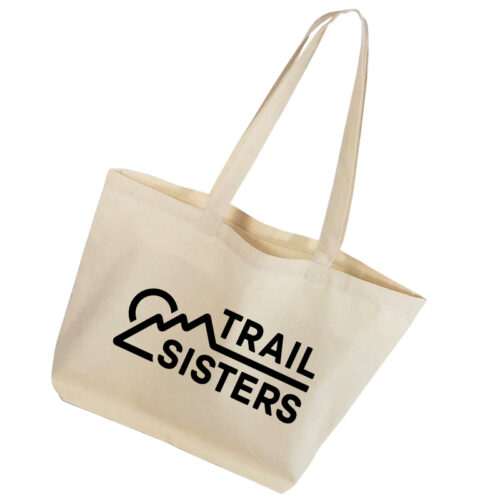
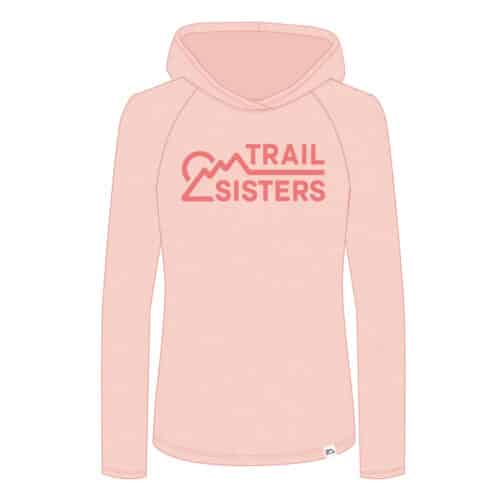



6 Responses
Hi Jessica, thanks for sharing. I’m interested in more details – were your “garbage” days always in your Luteal or Menstrual phases? I am currently having to sync my training plan with my cycle and still learning!
For me it’s day 27 or 28.
Thank you for this! While my menstrual cycle can affect my motivation or perceived exertion, what I personally find is that it’s a predictor of which training runs I’m most likely to have GI problems on. Learning this about my body has let me schedule tough workouts around my GI symptoms instead of trying unnecessary dietary modifications for something unrelated to my nutrition.
any thoughts on menopause and running? I’m in it but still get occasional periods. My hormones are all over the place.
Hi Ellie – Check out the Hit Play Not Pause podcast and Facebook group. Lots of great information for active women going through menopause!
Great article! I also highly recommend ROAR by Dr. Stacy Sims!